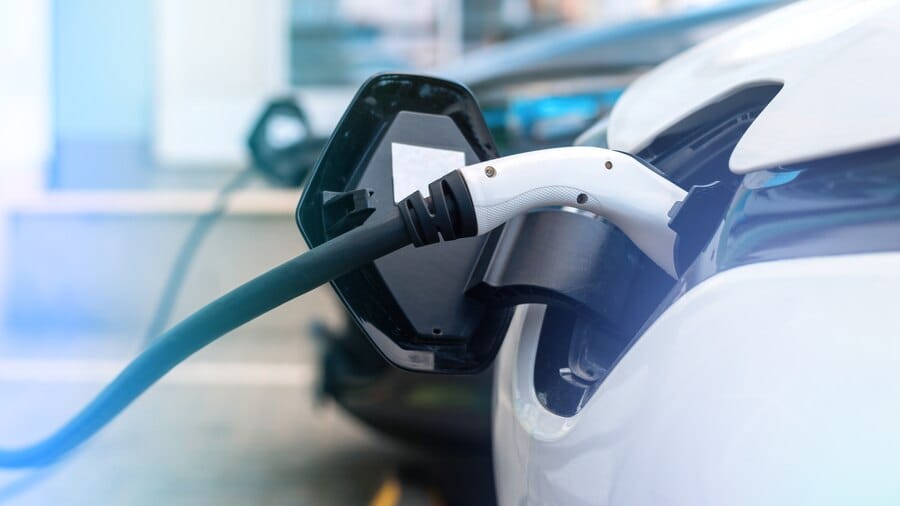Driving Toward the Future: Automotive Innovations and the Rise of Electric Vehicles
Explore the latest advancements in automotive technology and the growing popularity of electric vehicles. From cutting-edge features to environmental benefits, discover how innovations in the automotive industry are reshaping the way we drive and the future of transportation.

Introduction

The automotive industry is undergoing a revolutionary transformation, driven by advancements in technology, changing consumer preferences, and growing concerns about environmental sustainability. At the forefront of this transformation is the rise of electric vehicles (EVs), which offer a cleaner, more efficient alternative to traditional gasoline-powered cars. In this guide, we'll explore the road to electric vehicles and the innovative technologies that are reshaping the automotive landscape.
The Rise of Electric Vehicles
Environmental Benefits
Electric vehicles offer significant environmental benefits compared to traditional gasoline-powered cars. By producing zero tailpipe emissions, EVs help reduce air pollution and greenhouse gas emissions, making them a more sustainable and eco-friendly transportation option. Additionally, as renewable energy sources such as solar and wind power become increasingly prevalent, the environmental impact of EVs continues to diminish, further contributing to a greener future.
Cost Savings
While the upfront cost of electric vehicles may be higher than that of conventional cars, EV owners can enjoy significant cost savings over time. Electric vehicles have lower fuel and maintenance costs compared to gasoline-powered cars, as they require less frequent maintenance and no gasoline refueling. Additionally, as battery technology continues to improve and economies of scale drive down production costs, the price of EVs is expected to become more competitive, making them an increasingly attractive option for consumers.
Innovative Technologies
Battery Technology
Advancements in battery technology have played a crucial role in the proliferation of electric vehicles. Lithium-ion batteries, the most common type of battery used in EVs, have become smaller, lighter, and more efficient, allowing for longer driving ranges and faster charging times. Additionally, research and development efforts are underway to develop next-generation battery technologies, such as solid-state batteries, which promise even greater energy density, faster charging, and improved safety.
Autonomous Driving
Autonomous driving technology is another area of innovation that is reshaping the automotive industry. From advanced driver-assistance systems (ADAS) to fully autonomous vehicles, these technologies have the potential to improve safety, reduce traffic congestion, and enhance the overall driving experience. While fully autonomous vehicles are still in the early stages of development, incremental advancements in self-driving technology are already being integrated into production vehicles, paving the way for a future of safer, more efficient transportation.
Infrastructure and Support
Charging Infrastructure
The widespread adoption of electric vehicles depends on the availability of reliable charging infrastructure. To support the growing number of EVs on the road, governments, businesses, and utilities are investing in the development of charging networks, including public charging stations, fast chargers, and home charging solutions. These investments are essential for addressing range anxiety and providing EV owners with convenient access to charging facilities wherever they go.
Government Incentives
Governments around the world are implementing policies and incentives to encourage the adoption of electric vehicles. These incentives may include financial incentives such as tax credits, rebates, and subsidies for EV purchases, as well as regulatory measures such as emissions standards and zero-emission vehicle mandates. By incentivizing the transition to electric vehicles, governments can accelerate the adoption of cleaner, more sustainable transportation solutions and reduce reliance on fossil fuels.
Conclusion
The road to electric vehicles is paved with innovation, ingenuity, and a commitment to building a greener, more sustainable future. From advancements in battery technology to the development of autonomous driving systems and the expansion of charging infrastructure, the automotive industry is undergoing a transformational shift toward electrification and cleaner transportation solutions.
So whether you're a driver, a manufacturer, or an investor, the future of automotive innovation holds promise and opportunity for all. By embracing electric vehicles and supporting the development of sustainable transportation solutions, we can drive toward a brighter, cleaner future for generations to come.